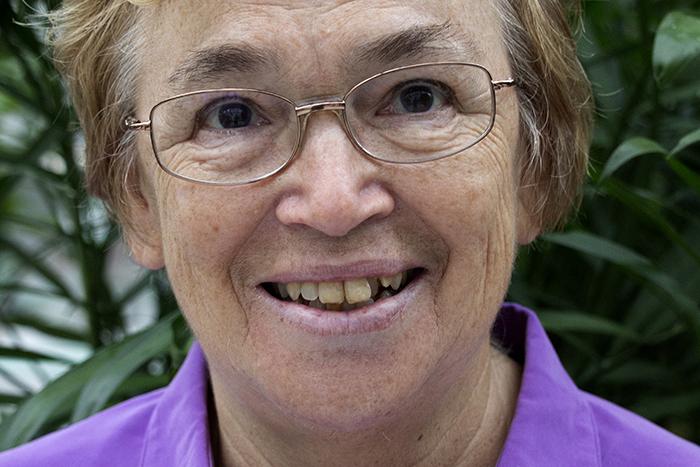Dickinson College Hosts Talk on Lessons from Indigenous Agriculture

Jane Mt. Pleasant
Lessons from an Indigenous Agriculture
by Gabriella Farrell '21
Jane Mt. Pleasant, agricultural scientist and associate professor of horticulture at Cornell University, will discuss the high productivity of an indigenous agricultural system in comparison to European systems. Her talk, “The Paradox of Productivity: Lessons from an Indigenous Agriculture,” will take place Wednesday, Nov. 14, at 7 p.m. in the Anita Tuvin Schlechter (ATS) Auditorium.
Mt. Pleasant will explain how the indigenous Haudenosaunee peoples in North America in the 17th and 18th centuries produced above-average yields of maize and other crops compared to the amount of wheat produced by contemporary farmers in Europe. She will provide a thorough explanation of this decline and share the science behind the productivity of Haudenosaunee agriculture.
Mt. Pleasant teaches in the horticulture section in the School of Integrative Plant Science at Cornell and is considered an expert in Haudenosaunee agriculture. She is the author of Traditional Iroquois Corn: Its History, Cultivation, and Use, which explores the importance of corn to Haudenosaunee and North American history. In 1988, she was awarded the Ely S. Parker Award from the American Indian Science and Engineering Society for her research. She has now expanded her research to include pre-Columbian agriculture in eastern and central North America. Mt. Pleasant has also focused on revitalizing Native American culture and agriculture.
The event is sponsored by the Clarke Forum for Contemporary Issues and a Civic Learning and Engagement Initiative Grant from the Andrew W. Mellon Foundation. It is co-sponsored by the Churchill Fund and the departments of anthropology & archaeology, American studies, environmental studies, philosophy, history and the foods studies program. It is part of the Clarke Forum’s Leadership in an Age of Uncertainty Series and its semester theme, Indigeneity in the Americas.
Learn more
- The Clarke Forum for Contemporary Issues
- Department of Anthropology & Archaeology
- Department of American Studies
- Department of Environmental Studies
- Department of Philosophy
- Department of History
- Food Studies Program
- Read more Dickinson news
Published October 31, 2018